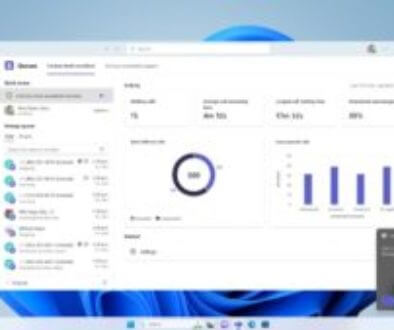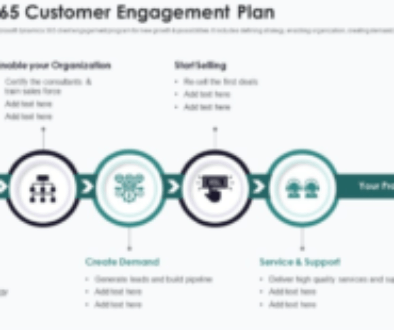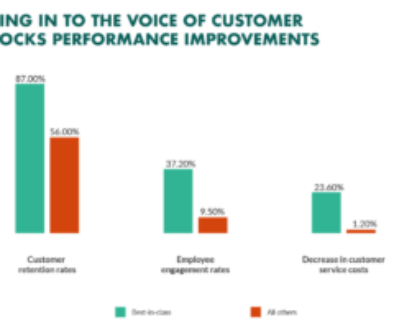Choosing a customer relationship management (CRM) system is a crucial step for any small or medium-sized enterprise (SME) looking to optimize its sales, marketing and customer service processes. Among the many options available, some solutions stand out for their power and flexibility. Here are our top 10 tips for selecting the CRM that will best meet your SME's needs, with a particular focus on the essential features to look for.
Advice from Lambert Consulting
1. Define your goals
Before diving into the various options, clearly identify your needs and objectives. A flexible solution can meet a wide range of needs, from lead management and marketing automation to improved customer service.
2. Evaluate ease of use
A good CRM should offer an intuitive and consistent user interface, integrated with the tools your team already uses on a daily basis. This facilitates rapid adoption by your employees, reducing training time and increasing efficiency right from the start.
3. Check compatibility with your existing tools
Opt for a solution that integrates easily with your existing software, such as messaging systems, marketing tools or e-commerce platforms. Seamless integration with an existing ecosystem improves workflows and centralizes data, reducing information silos.
4. Consider scalability
Is your business growing? A scalable solution is essential. It must be able to handle an increasing amount of data and users without compromising performance, adapting to your company's changing needs.
5. Analyze reporting and analysis functionalities
An effective CRM must offer robust reporting and analysis capabilities. Look for solutions integrating advanced analysis tools that enable you to generate detailed reports and draw relevant insights from your sales data.
6. Test customer support
Good customer support is crucial. Opt for a provider that offers responsive and diverse support (chat, email, phone) and provides help resources such as tutorials and a knowledge base. This will enable you to resolve problems quickly and optimize the use of your CRM.
7. Evaluate costs
Compare the costs of different CRMs, taking into account not only the initial price, but also recurring, integration, training and maintenance costs. A flexible pricing structure can help you optimize costs according to your specific needs.
8. Examine data security
Data security is crucial. Look for solutions offering robust data protection features, such as encryption, two-factor authentication and regular backup protocols. Compliance with current regulations is also essential.
9. Request demonstrations and free trials
Before making a decision, ask for personalized demonstrations and take advantage of the free trial periods offered by CRM suppliers. This will enable you to test the functionalities in real-life conditions and ensure that the solution meets your expectations.
10. Read reviews and testimonials
Finally, read reviews and testimonials from other SMEs that have used the CRM solutions you're considering. Feedback from real customers can give you a clear idea of the pros and cons of each solution, and help you make an informed choice.
Conclusion
Choosing the right CRM is a strategic decision that can transform your business processes and boost your growth. By following these tips, you'll be able to select a flexible, scalable CRM that can integrate seamlessly with your existing tools, offering a user-friendly interface and robust reporting and analysis features. Among the options available, some solutions stand out for their ability to meet the specific needs of SMEs, making it easier for you to achieve your business objectives.
How Lambert Consulting can help you
At Lambert Consultingwe understand the unique challenges SMEs face when selecting and implementing a CRM solution. Our team of experts is here to guide you every step of the way, from identifying your specific needs to training and ongoing support. We'll help you analyze the different CRM options on the market, test the most promising solutions and seamlessly integrate the chosen CRM into your existing operations. With our expertise and personalized support, you can be sure of making the best choice for your business, while maximizing your return on investment.
Let's go further together!
When challenges are difficult to handle internally, it is best to call in a specialist. An external assessment can be of great help. It will be able to guide you in the realisation of your project and give you recommendations.



